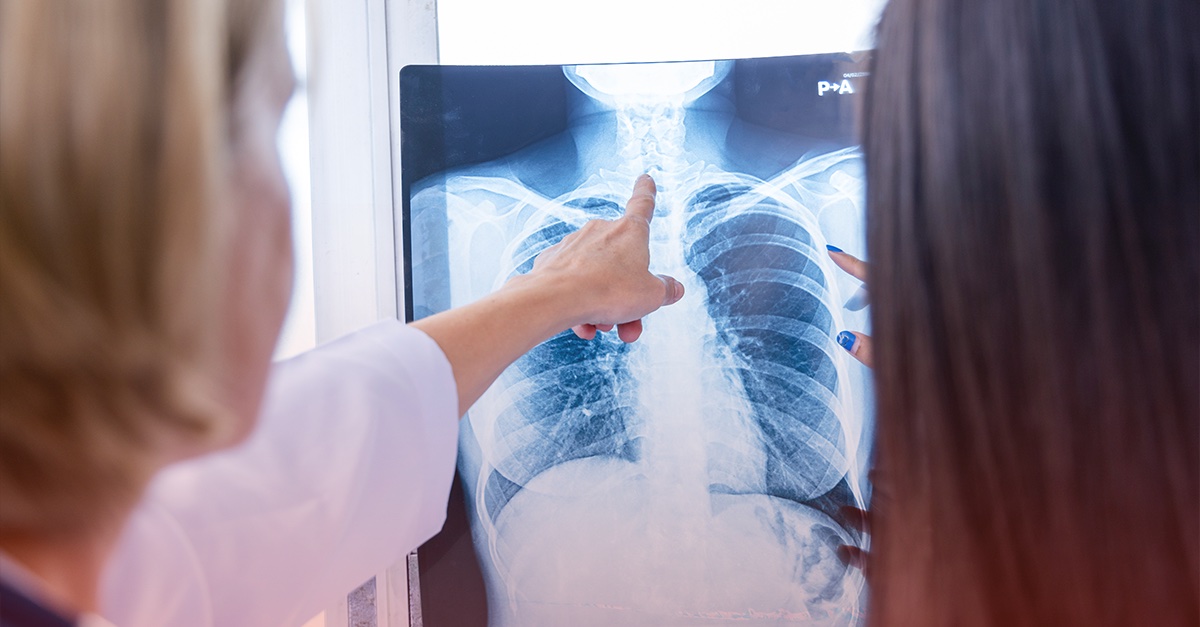
Why is Information Security So Important in Healthcare?
The goal of the healthcare industry has always been to provide quality patient care. To do so, healthcare organizations have invested in state-of-the-art technology and highly-educated personnel, but there’s still one thing that many in the healthcare industry have failed to do: invest in robust information security management programs. In fact, almost on a daily basis, there’s headline after headline reporting of new healthcare data breaches impacting the PHI of hundreds, and often times, millions of patients. This leads us to question: why would someone want to steal healthcare data? Why is it so important that the healthcare industry focuses on information security?
Why Would Someone Want to Steal Healthcare Data?
It’s understandable why a malicious hacker would want to steal financial data. After all, most malicious hackers are after some sort of financial gain. But there’s one critical issue with compromising financial data: card numbers, PINs, account information – it can all be easily changed. When it comes to protected health information (PHI), it’s long-term value makes healthcare data more enticing for malicious hackers to steal and is all the more reason why information security is so important in healthcare.
3 Reasons Why Information Security is So Important in Healthcare
1. The healthcare industry is highly regulated.
The healthcare industry is one of the most regulated industries in America. That’s why we see so many reported breaches in the media and on the OCR’s “wall of shame.” But even despite the HIPAA Security, Privacy, and Breach Notification requirements and various other state laws that require covered entities and business associate to protect PHI, there’s a serious lack of robust information security management programs. In order to provide quality patient care and meet HIPAA requirements, then, covered entities and business associates alike need to heavily invest in the security of their people, processes, and infrastructure as a whole.
2. The healthcare industry is highly dependent on new technologies.
From artificial hearts to mobile applications, the modern healthcare industry wouldn’t be what it is today without advancing technologies. However, as we all know, with new technology that is introduced into an environment, the attack surface increases, and new risks must be accounted for. This goes beyond technologies used in hospitals or other healthcare facilities – medical manufacturers must also take into account the cyber risks associated with their products. For example, something as simple and as medically necessary as an insulin pump, like that of Medtronic, can become vulnerable to a cyberattack and have detrimental effects on a patient’s well being.
3. The healthcare industry is highly reliant on humans.
Week after week, there are reports of data breaches impacting hundreds of healthcare patients, and many of these attacks are the result of human error, such as falling for phishing attempts. Because the healthcare industry relies on humans to provide quality patient care, the risk of experiencing a data breach or security incident becomes much more likely, which is why creating and implementing a robust information security management program must be made a top priority.
It is paramount that covered entities and business associates alike understand why information security is so important to the healthcare industry. To continue providing quality patient care, robust information security management programs must be established and maintained. Want to learn more about how your healthcare organization can meet HIPAA or HITRUST requirements? Need to see if your systems can stand up to an advanced penetration test? Ready to prove to your patients that you can deliver quality patient care? Contact us today.
More Healthcare Resources
Why Would a Healthcare Organization Need a SOC 2?
HIPAA Compliance Checklist: Security, Privacy, and Breach Notification Rules
Business Associate Due Diligence: Lessons Learned from AMCA
5 Ways Business Associates and Covered Entities Can Prepare for HIPAA Compliance